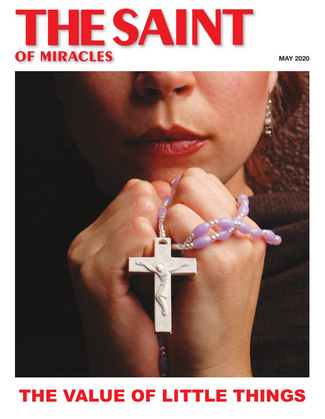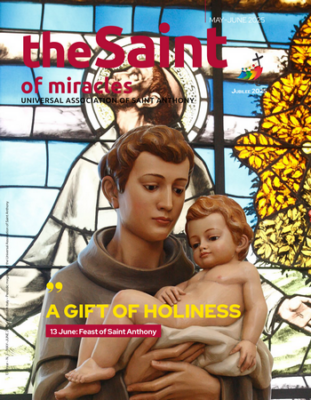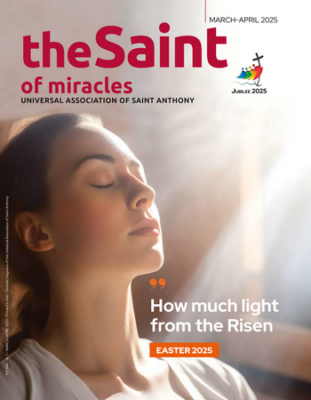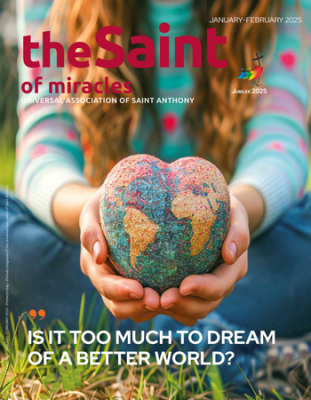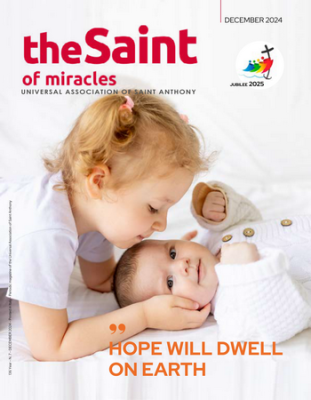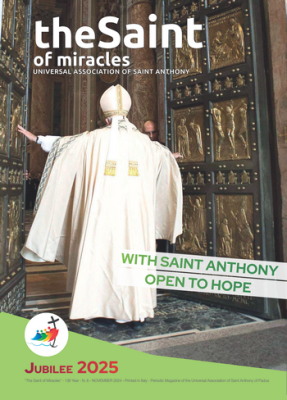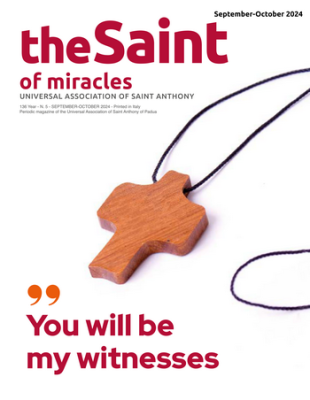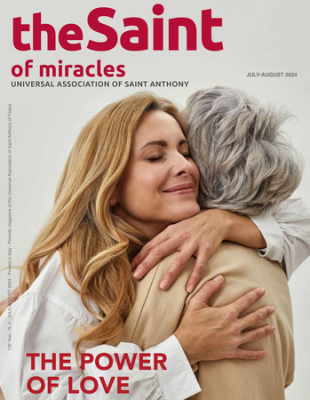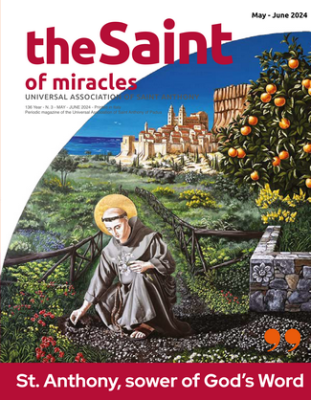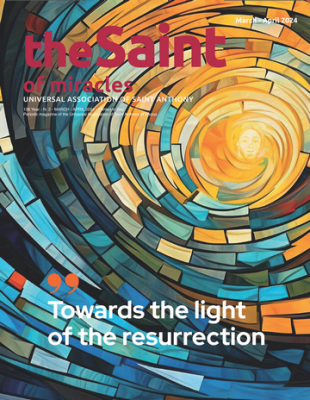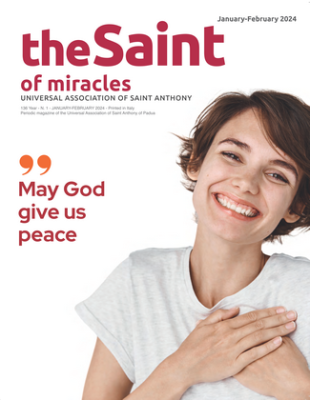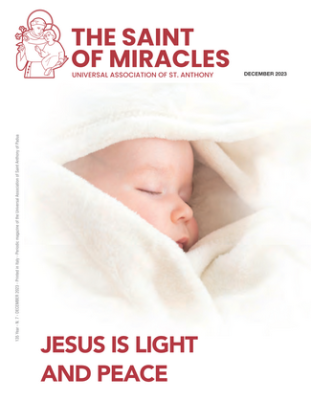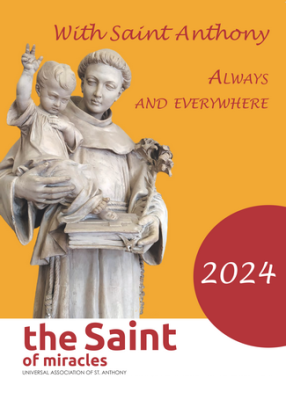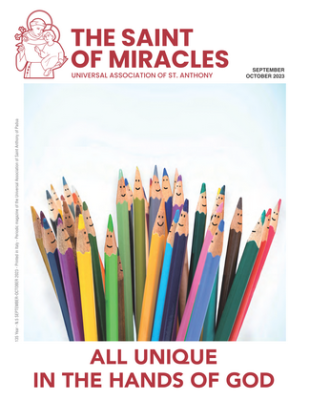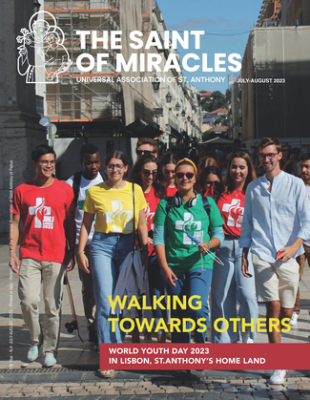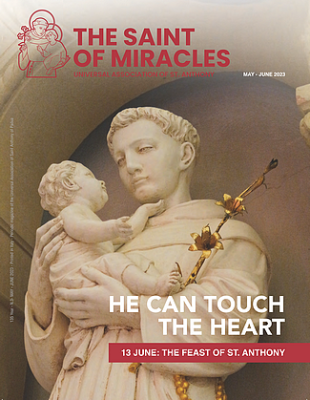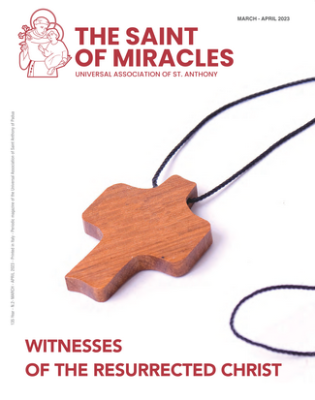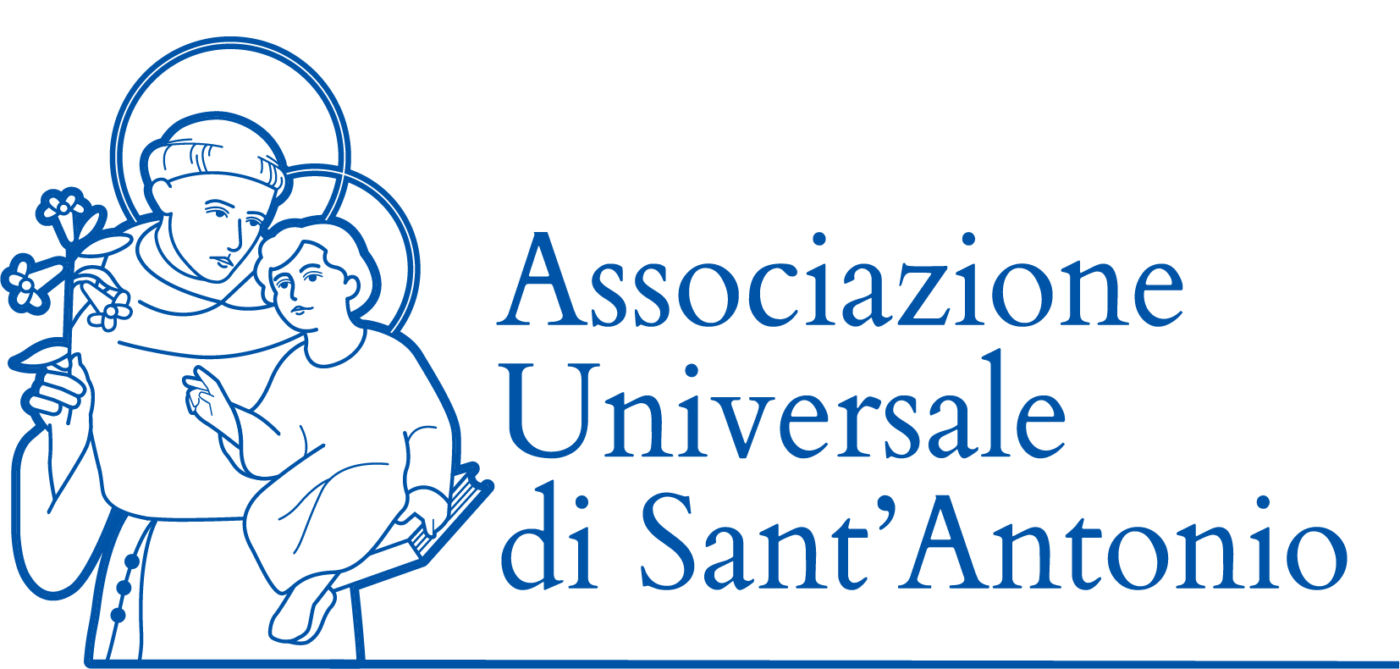Year 132 - May 2020Find out more
Once upon a time (maybe still today) there were fiancés and fiancées
Monseigneur Giampaolo Dianin, bishop

The term “engagement” seems like a word that time has consumed, an experience of other times, or on the contrary a vague term that simply defines a couple who are together, but without any other immediate purpose than to enjoy the joy and gratification that comes from being together. Freedom and spontaneity seem to be the real rules implicit in the love experience, without realizing that love grasps and involves the protagonists and that keeping the right distance without committing too much is only a theory, while reality leads far beyond the custody of its own borders.
It is not a discovery to note the strong emotional involvement and the equally superficiality in making plans that accompanies the path of many young couples who arrive at the wedding especially with the concreteness of practical tasks, but little attention to the inner foundations of their bond. Cohabitation is the new name of the engagement that has now also taken into account a certain premarital internship, which finds several reasons upstream: for some the rejection or insignificance of an institution such as marriage; for others the search for a “fixed time” as a guarantee of a bond “indefinitely”; for the most part simply the path now recognized and majority of the experience of living as a couple; no refusal of marriage, but for now, it’s okay, living together based on the desire to be together.
Yet we know that good intentions are not enough, dreams require concreteness, the challenges that our culture poses to those who want to love each other and build a family should not be underestimated. Wouldn’t it be important in this context to rediscover, give back body and depth, even institutional, to this time of the couple that tradition called engagement? Is it really obvious that cohabitation should replace the path of discernment and research that characterized the engagement? Pope Francis writes: “The complexity of today’s society and the challenges faced by the family require a greater effort on the part of the whole Christian community in preparing those who are about to be married” (AL 206).
The theologian Pierangelo Sequeri would say: “The theme of the Church’s concern for the family is not a metaphysical ideal that doesn’t know the fatigue and uncertainties of the story in which the family is sought and built, can get lost and can find itself again. Taking on the family, its life and its vicissitudes, is not a gesture of condescension. It is a story of passion, not only of compassion" (Osservatore Romano, 13 April 2016). It is first of all to clarify some terms: affection, emotion, feeling, bond. Emotions, very instinctive, should mature into feelings that also involve intelligence and will, and feelings seek a bond that goes beyond the moment. We ask ourselves: what loving feeling is equal to the choice to live together for life?
What is the relationship between bond and freedom? Only after focusing on the meaning of these terms will it be possible to ask the following question about how one should prepare to live this love, what personal attitudes, what stages and also what structural supports are useful and perhaps even necessary for its proper development. If one wanted to rethink the engagement, it could not be a choice dropped from above because of the understandable concern to prepare well for a marriage. Any pastoral action in favour of an engagement must come from below, when people, couples, pastoral workers and the Church itself have grasped the challenging aspect of love and the experience of a couple.
Love and bonding in this cultural context require not only a different quality of preparation for marriage, but also a true refounding of the institution of engagement. This is an historic challenge that our Bishops had already intuited back in 1993 by handing over to the Italian Church the Directory of Family Pastoral Care. “Premarital pastoral care, in all its articulation, constitutes one of the most urgent, important and delicate chapters of all family pastoral care.
This pastoral care is facing a historical turning point. It is called to a clear and timely confrontation with reality and to a choice: either to renew itself profoundly or to become increasingly irrelevant and marginal. Hence, in particular, the need for a pastoral care of the engagement that helps to rediscover and live its human and Christian meaning, and for a more attentive, timely and articulated preparation for marriage” (CEI, Direttorio di pastorale familiare per la Chiesa in Italia, no. 40).
We find in this statement the questions that are close to our hearts: the awareness of being at a turning point in history; the necessary confrontation with reality and therefore with the way of feeling and living the affections, the feelings, the choice and the bond; the importance of verifying what exists in order to make pastoral choices; the priority of taking care of the engagement in order to rediscover and live its human and Christian meaning; the more careful, precise and articulated preparation for marriage and therefore the whole question of itineraries and proposals for accompaniment.
Pope Francis is well aware of this urgency and writes: “Learning to love someone does not happen automatically, nor can it be taught in a workshop just prior to the celebration of marriage” (AL 208).


 Italiano
Italiano Français
Français